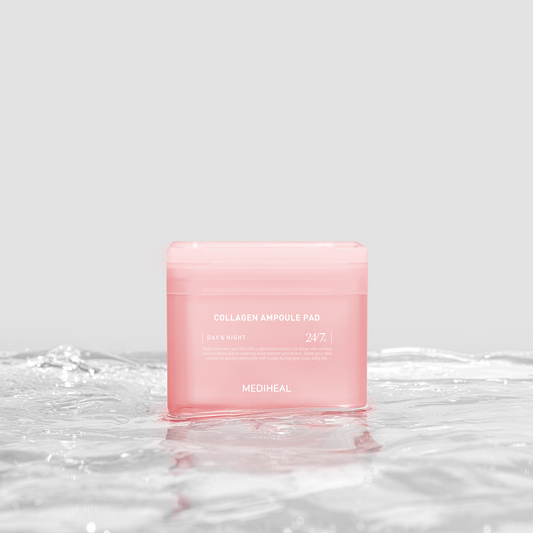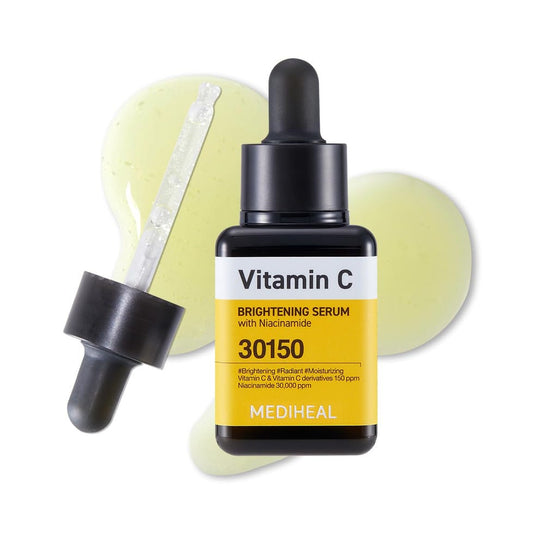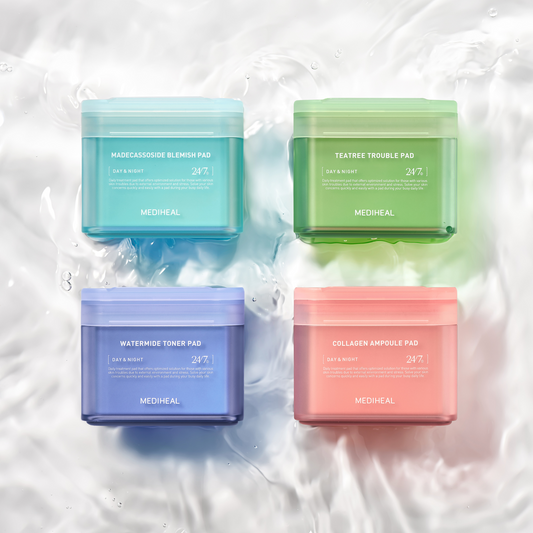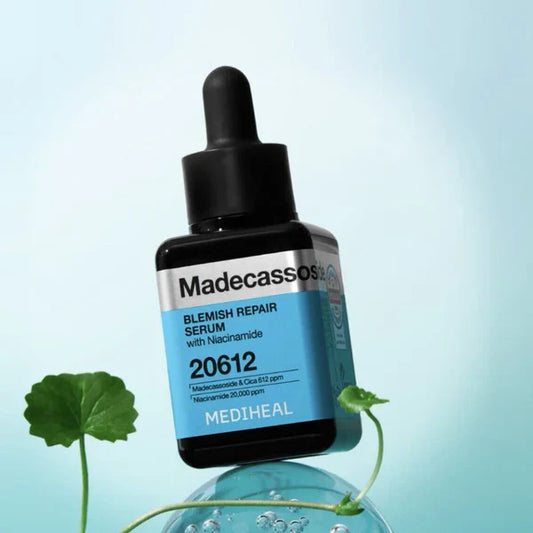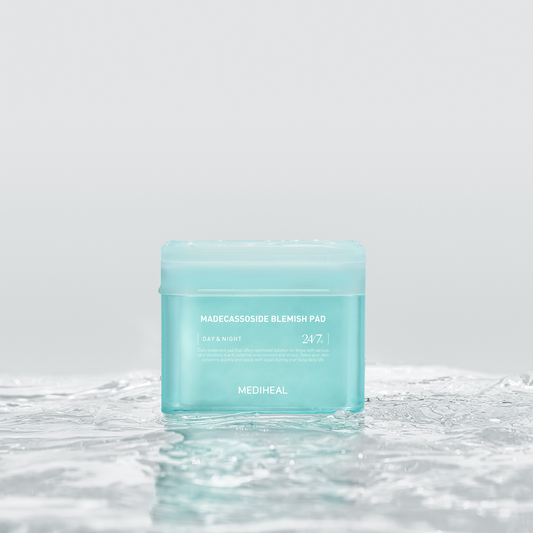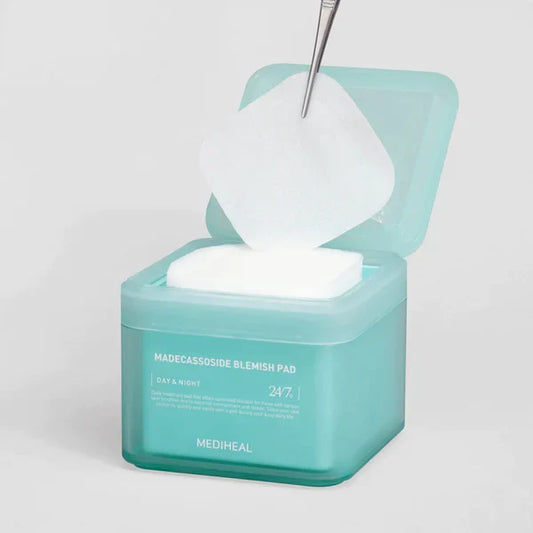Share
Lackluster skin in need of a pick-me-up? Enter the best sheet masks. Rough patches you find your make-up clinging to? Smooth a sheet mask on and consider them solved. In fact, there aren’t many ills the right sheet mask won’t quell: a puffy face, dry skin, sensitive redness, breakouts, and even a stressful day are all allayed under its skincare-soaked veil. Easily ported from lounge sofas and saunas to planes and poolside sun loungers, wherever you go, for a radiant complexion, you ought to have a good sheet mask in tow. Ahead, a look at Vogue's edit of the best sheet masks you can buy in 2024. Scroll on for Vogue’s tried-and-tested picks, plus everything you should know about using them correctly.
...
Best for Acne: Mediheal Tea Tree Essential Blemish Control Sheet Mask

- Why We Love It: Mediheal proves that even acne-prone skin types can benefit from the best sheet masks. Here, tea tree extract, water, and oil are paired with 4-Terpineol—soaked into a biodegradable bamboo-derived sheet to control blemishes, while keeping skin calm and balanced.
- Key Ingredients: Tea tree extract, tea tree leaf water, tea tree leaf oil, 4-Terpineol, glycerin, lactobacillus ferment, glutamic acid, allantoin
- Mask Type: Bamboo-derived
- Best For: Blemishes, acne-prone skin, oil-control
...
What is a sheet mask?
“A sheet mask is a pre-cut face-shaped fabric soaked in a nutrient-rich serum,” celebrity facialist Ian Michael Crumm tells Vogue. “It is designed to be placed on the face for a set amount of time, typically 15-20 minutes, to allow the skin to absorb the beneficial ingredients.”
Do sheet masks actually work?
Delivering a concentrated cocktail of skin-loving ingredients, sheet masks aid the absorption of moisture and actives for skin that’s immediately plumped and refreshed. It’s why they’re the skin prep weapon of choice for professional makeup artists, and you’ll find an assortment of them in the stash of many a Vogue beauty editor. More than just a relaxing self-care ritual, sheet masks promote deeper penetration of your skincare, and regular sheet masking confers long-term benefits for your skin. The key here, as with all skin treatments, is a targeted, consistent approach. You’ll gain a temporary glow-up with single use, but for the best results (think clearer, smoother and brighter skin) make them regular additions to your routine.
What are the benefits of sheet masks?
According to dermatologist Dr. Carolyn Stull, sheet masks are best for single-use treatments. “Many are formulated to infuse hydration-boosting ingredients, reduce puffiness, and improve skin texture and tone.”
What to Look for in a Sheet Mask
- Ingredients: Murphy-Rose instructs to “look for a mask with quality ingredients tailored to your skin concerns and skin type.” For example, someone seeking hydration should use a sheet mask with hyaluronic acid or glycerin, which she says attracts moisture and plumps the skin. “If acne-prone, choose masks that are non-comedogenic and oil-free, and be careful not to irritate skin with hydroxy acids,” she instructs. “For post-procedure, look for calming and moisturizing ingredients like cica and green tea.” Or, if the skin looks a little dull, look for masks with vitamin C and niacinamide.
- Material: “The material can affect how well the mask adheres to the skin and how effectively it delivers the serum,” Crumm explains. Hydrogel and biocellulose masks are the most popular, cited positively by Murphy-Rose and Crumm, who tells Vogue that the former “provides a cooling effect and excellent adherence, allowing for better absorption of the serum,” whereas biocellulose is “effective in delivering active ingredients deeply into the skin.” Other types of sheet masks include cotton, which Crumm calls “comfortable and breathable but can dry out quickly,” while microfiber masks are “soft and adhere well to the skin.”
- Fragrance: Murphy-Rose tends to recommend the use of fragrance-free, hypoallergenic ingredients that will be less likely to cause unwanted effects—particularly those with sensitive, irritable skin.
- Fit: How a mask fits on your face certainly factors into its efficacy. “A good fit ensures better contact with the skin and better absorption of ingredients,” says Crumm.
...

